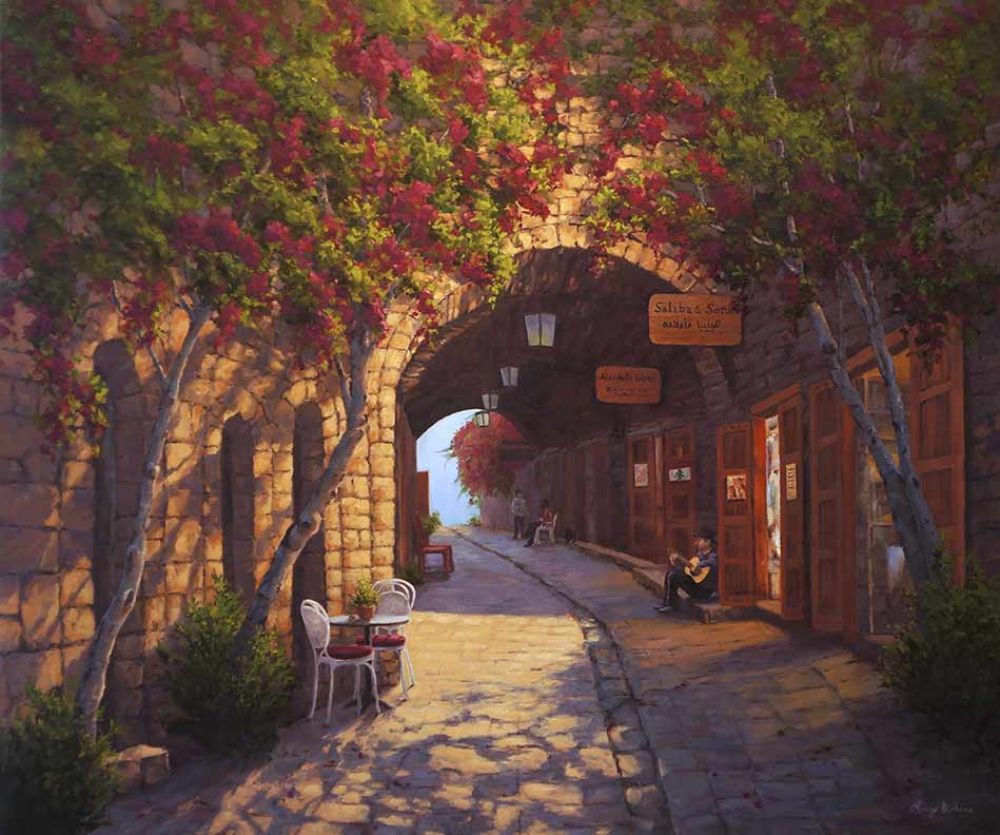

The Byblos Souks are a maze of traditional markets teeming with culture and history nestled in the city of Byblos, which is one of the oldest continuously inhabited cities in the world. Here, visitors can immerse themselves in the bustling alleys where merchants sell everything from handicrafts to exotic spices. A walk through the souks is a sensory overload with vibrant colors, the clamor of sellers, and the fragrant smell of local delicacies.
Not only are the souks a shopper's paradise, but they also give insight into the Levantine commerce culture, having been a central part of Byblos for centuries. Modern tourists can enjoy outdoor cafes, boutiques, and artisan workshops offering authentic Lebanese souvenirs that blend harmoniously with the historical surroundings.
The heart of Byblos beats in its Old Town, a well-preserved district that tells tales of ancient civilizations. The history of Byblos is chronicled in its streets, with layers of Phoenician, Roman, and Medieval ruins that have earned the city a designation as a UNESCO World Heritage Site. The Old Town of Byblos offers a unique opportunity to stroll through history among the remnants of ancient temples, a medieval castle, and charming stone houses adorned with bougainvillea.
The picturesque Byblos harbor is a focal point in the Old Town, where traditional fishing boats float on the Mediterranean waters, and seaside restaurants serve up fresh seafood amidst views of the ancient fortress. Byblos Old Town is not only an archaeological wonder but also a living, breathing Mediterranean town with a vibrant atmosphere.
Lebanon's history with tourism dates back to the 1960s and 70s when Beirut, the nation's capital, was regarded as the "Paris of the Middle East". Renowned for its rich culture, beautiful landscapes, and cosmopolitan lifestyle, Lebanon attracted tourists from around the world. The subsequent civil war from 1975 to 1990 severely disrupted the tourism industry, but the country has been on the mend.
In recent years, Lebanon has been reclaiming its status as a prime tourist destination. Development of hospitality infrastructure, promotion of cultural festivals, and enhancements in the preservation of historical sites have all contributed to a resurgence in tourism.
The latest tourism trend in Lebanon shifts focus towards sustainable travel and experiential tourism. Visitors are encouraged to engage with local communities, delve into eco-tourism, and explore off-the-beaten-path attractions. This shift aligns with global travel trends emphasizing authentic experiences and responsible tourism.